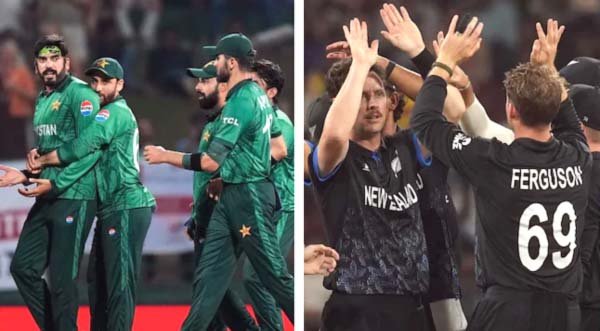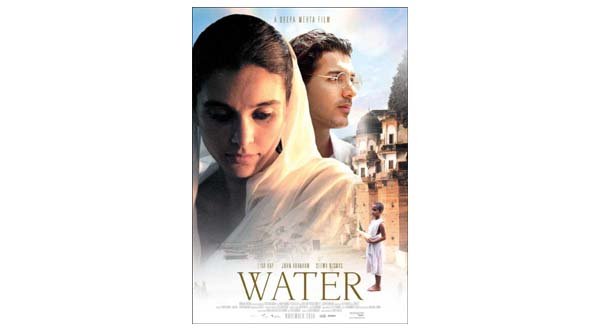New Delhi, Aug 4 (UNI) The Supreme Court today came down heavily on the Uttar Pradesh Government for the “tearing hurry” in which it promulgated the Shri Bankey Bihari Ji Temple Trust Ordinance, 2025, to take over the management of the historic Bankey Bihari temple in Vrindavan.
The Court also strongly criticised the manner in which the State secured directions from the Supreme Court through a May 15 judgment to use temple funds for a corridor development project without hearing the temple’s traditional management or affected parties.
A Bench comprising Justice Surya Kant and Justice Joymalya Bagchi expressed concern that the May 15 ruling, which allowed the use of temple funds for acquiring land and development work, was passed in a civil dispute concerning a different temple, with no representation from the Bankey Bihari temple.
“The matter before this Court did not pertain to the Bankey Bihari temple. A public notice should have been issued. Was there any Court-appointed receiver? Someone had to be heard on behalf of the temple,” Justice Kant remarked.
He criticised the State for filing its application in a “clandestine manner” and failing to notify the parties affected by the direction.
The Bench orally proposed to recall the directions issued in the May 15 judgment and suggested forming an interim management committee, headed by a retired High Court judge, to oversee the temple’s administration while the validity of the Ordinance is examined by the Allahabad High Court.
The Bench indicated that members from the district administration, the Archaeological Survey of India (ASI), and the existing temple family could be part of this committee, ensuring the continuation of rituals and holistic oversight.
Justice Kant further questioned the urgency behind the Ordinance, stating, “If the state wanted to carry out any development, what prevented it from doing so as per law? Why was the land not acquired after paying compensation?” He emphasised that temple funds, if used, must be used transparently and in the public interest, not in a manner that excludes legitimate stakeholders.
Senior Advocate Shyam Divan, appearing for the traditional temple management (the Goswami family), argued that the Ordinance unjustly ousted the hereditary custodians and transferred control to a government-nominated trust.
He criticised the May 15 ruling, claiming the directions were passed ex parte in a case involving a separate religious dispute.
“For 100 years this has gone on, suddenly, an Ordinance is passed. Ordinances are meant for emergencies. I urge the Court to order status quo,” Divan pleaded.
Justice Kant asked Additional Solicitor General K.M. Nataraj, appearing for the State, how the May 15 judgment could be justified when the affected parties were not heard. “Just because it is a public temple does not mean procedures can be ignored,” the Bench observed.
Nataraj contended that the petitioners were not recognised as part of the official management committee.
The Bench also pointed out that even if there were disputes among temple factions, the Court should have issued a public notice or heard the civil judge monitoring the temple.
“Some public notice should have been issued… Temple funds are to be used for pilgrims, not to be pocketed by private persons,” the Court said.
Petitioners have challenged the Ordinance, calling it unconstitutional and manifestly arbitrary.
Connected petitions have also been filed seeking the recall of the May 15, 2025 order passed by a different Bench comprising Justice Bela Trivedi and Justice Satish Chandra Sharma.
The petitioners were represented by a legal team including Senior Advocates Shyam Divan, Kapil Sibal, Gopal Sankaranarayanan, and Nikhil Goel. The petition was filed through Advocate-on-Record Tanvi Dubey.
The Court adjourned the matter for further hearing on August 5, 2025, allowing the State time to respond to the proposed interim arrangements.
It indicated that the issue of Ordinance validity would be relegated to the High Court, but in the interim, temple management may be handed over to a court-monitored committee.











